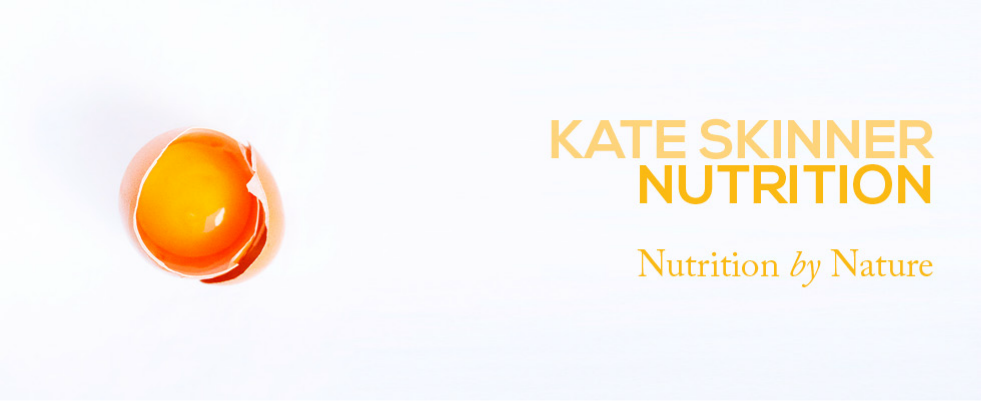The humble egg deserves true ‘superfood’ status. Plus, egg puns make for cracking yolks
One of best advantages of eggs is that they are a rich source of dietary choline, an essential nutrient most of us don’t get enough of4,5. Choline deficiency manifests most prominently in the form of fatty liver disease and increase in liver enzymes (transaminases)6, as choline is required in order to export excess fats from the liver into the bloodstream for transport to other body tissues for metabolism7. The disappearance of egg yolks and liver – the two richest food sources of choline – from our diets may well account in part for the rise in the occurrence of nonalcoholic fatty liver disease8,9 (also exacerbated by oxidative stress, leptin resistance, high alcohol, high sugar and high polyunsaturated fat intakes10).
Choline is also important for the formation of neurotransmitters, so plays a major role in maintaining cognitive and mental function11,12. What’s more, it’s an integral part of as part of phosphatidylcholine, one of the most abundant phospholipids in the human brain and central nervous system13, and dietary choline intake may also be protective against cardiovascular disease14,15, cancer 16,17, neural tube defects and cognitive impairment in newborns18,19,20 and Alzheimer’s disease21.
Cracking yolks
Skimping on the yolks and eating only egg white omelettes? Don’t bother. Egg yolks contain 100% of the carotenoids, essential fatty acids, vitamins A, E, D and K found in whole eggs. None of these nutrients are in the white. Furthermore, the yolk also has over 90% of the calcium, iron, phosphorus, zinc, thiamin, B6, folate and B12 content. By weight (the yolk is only about 75% of the size of the egg white), the yolk even has more protein than the white22. I’d also add that the vast proportion of what tastes good about this superfood resides in the yolk, not the white. What’s not to love?
When choosing your eggs, go for pastured (from chickens allowed to roam free to forage on grass pastures) – they have five times more vitamin D, two-thirds more vit A, three times more vitamin E and seven times more beta carotene23.
Further reading
The incredible, edible egg yolk by Chris Masterjohn
High cholesterol and heart disease – myth or truth? by Chris Masterjohn
How to buy organic eggs: pastured vs. free range eggs by Cheeseslave
And finally, a recipe… an egg-cellent way to start your day:
Baked eggs in avocado nests
1 large, firm avocado
2 organic, pastured eggs
Sea salt & black pepper, to taste
Optional extras: paprika, chilli, olive oil, parmesan, feta, chives, parsley… etc.
Preheat oven to 180C. Cut avocado in half, lengthways, and discard the stone. Carefully scoop out a small amount of the avocado to create a larger hollow. This will prevent your egg from overflowing completely (a small amount of overflow is fine).
Turn your avocado halves over, skin side up. Now, slice a little bit of skin off the back of the avocado, enough to make a flat ‘bottom’ for it to sit upright on, so that your eggs won’t fall out of their avocado nests.
Place avocados hole-side up once more, on their flattened bottoms, on an oven-proof tray lined with baking paper. Carefully crack an egg into each half* and season lightly with sea salt and black pepper. Pop into the preheated oven and let bake for approximately 15 minutes – this should be enough time to set the whites of the eggs but produce softly-baked yolks.
(*Note: if you’re avocado halves aren’t big enough to accommodate a full egg, skip the whites and just use the egg yolk, it’s the more delicious and nutritious bit anyway (see above)! Just put the whites aside or freeze for future use.)
Enjoy these in their naked state, or with toppings of your choosing – paprika, chilli, olive oil, macadamia oil, parmesan, feta, smoked salmon, scallions, herbs, lemon… customize these little beauties as you see fit.

